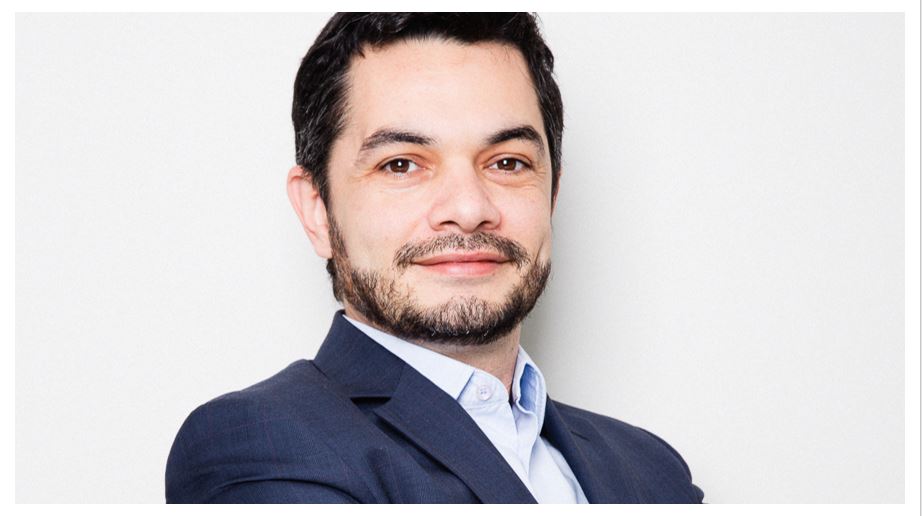 *by Cléber Ribas
*by Cléber Ribas
In a world increasingly full of information, knowing what is true and false is sometimes very difficult. Not only because of the lying content, but also because these links can hide other malicious items that can cause serious consequences for the business environment. Therefore, it is time for us to make an important reflection: are Brazilian companies ready to deal with the risks brought with the advance of fake news?
To answer this million dollar question, we have to take a step back and highlight the scope of this threat in our society as a whole. According to a survey by the Avaaz Institute, for example, seven out of ten Brazilians have been impacted by at least one false news since the beginning of last year.
This is not by chance. According to a study by the Institute for Social, Political and Economic Research (Ipespe), almost half of Brazilians with Internet access do not usually check sources and links before clicking on a headline. It is in this scenario that Fake News becomes a problem to be tackled by companies, especially in relation to the importance of basic steps to analyze and filter information sources.
This is because often sensational calls, lying texts and attractive disclosures are also accompanied by the Phishing, with links that serve as true digital baits that hide the most diverse types of malicious agents designed to damage, steal or hijack files stored on a personal device - such as smartphone, notebook, desktop etc.
The similarity between Fake News and Phishing is not just a coincidence. Many of the strategies used to spread malicious items are the same. According to surveys, Brazil has repeatedly been one of the global leaders in attempted scams made from contaminated links on the web, sent to users via SMS, e-mail and, mainly, through social networks, especially Whatsapp.
In some cases, for example, it is possible to steal access to a personal account and replicate the scams to a huge parallel network. Now, imagine the potential of this same type of situation carried out in a corporate account, kept in an environment with sensitive information and highly relevant to the survival of a company. The damage could be catastrophic.
It is worth noting that many of the data theft actions are done in exactly this way. An IDC survey, for example, highlighted that an average of 40% of cyber breaches are triggered after an employee “brings” the malware or virus “into operation” via their cell phone, computer or flash drive.
The relationship between opening a false news and infecting the entire company network is there. But how, then, is it possible to meet this challenge and prevent lying information and malicious links from becoming real issues for an organization's future? The answer includes combining up-to-date technology and building a security-oriented culture, underscoring the important role people play in preventing fraud and scams from happening.
The good news is that the industry's advance in the development of solutions capable of repelling or filtering cyber threats is notorious – which obviously simplifies much of the protection tasks. Through concepts such as Artificial Intelligence, Big Data Analytics, Process Automation and Zero Trust, it has been possible to offer the market a complete range of robust products and services, such as next-generation firewalls (Next-Generation Firewalls), with the ability to intercept and prevent dangerous agents from even being able to enter the perimeter of the networks.
We are moving towards making the experience of professionals and clients more fluid, safe and practical. However, this work is useless unless people are also prepared to avoid contamination. It is necessary to invest in training campaigns, as well as having firewalls, VPNs, antivirus and intelligent systems to expand the company's cybersecurity power.
In an increasingly connected and decentralized era, with devices from all sides talking to make human life more practical, it is essential that professionals and technologies also align to enhance the security of any organization. We have to remember that breaches only need to work once to be effective, but Information Security, on the contrary, needs to be prepared to defeat all threats, every time. The baits may even be a lie, but the threat – of course – is far from being fake.
Cléber Ribas, CEO of Blockbit
Notice: The opinion presented in this article is the responsibility of its author and not of ABES - Brazilian Association of Software Companies














